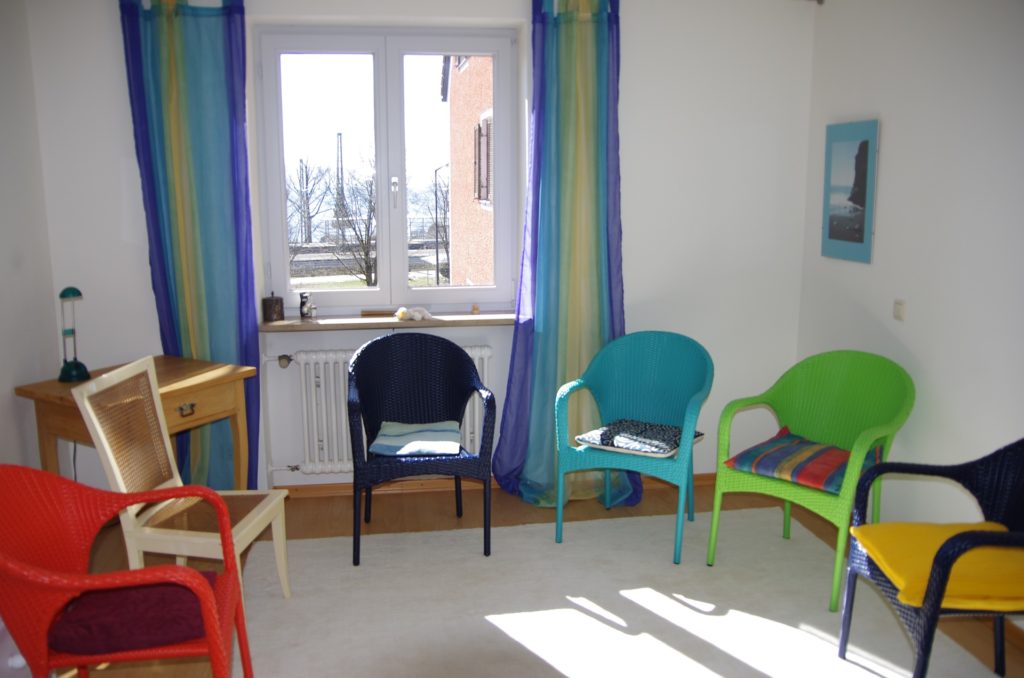- Calls to this hotline are currently being directed to Within Health, Fay or Eating Disorder Solutions
- Representatives are standing by 24/7 to help answer your questions
- All calls are confidential and HIPAA compliant
- There is no obligation or cost to call
- Eating Disorder Hope does not receive any commissions or fees dependent upon which provider you select
- Additional treatment providers are located on our directory or samhsa.gov
Group Therapy in Eating Disorder Treatment & What to Expect

The Robber’s Cave Experiment was a 1954 social-psychological study executed by Muzafer Sherif. This experiment delved into the theory that hostility between groups and individuals can arise as a result of conflicting goals and that this hostility can dissipate as people work toward a common goal [1].
Those in the Robber’s Cave Experiment had to work together to achieve the common goals of acquiring food and water just as those in ED treatment should work together to achieve the common goal of recovery and freedom from disordered eating.
There are a few aspects of group therapy that everyone will experience as you all connect and work together to recover.
You Will Find You’re Not Alone
One of the most empowering aspects of group therapy is that it brings to light the fact that you are not alone in your struggle. At first, it may feel like you all have very different enemies. Group members may struggle with their home-lives, peers, their body-image, or all of these. Many of you may even few the treatment center and your group therapist as your enemy.
Over time, as members share their stories and experiences, common threads will begin to appear, and the pain you all feel and struggle with will point to the true enemy – ED. You will hear how others experiences are similar to yours, how their inner self-talk is a bully just like yours, that their relationship to their bodies and food are just as convoluted and complicated as yours.
The realization that you are not alone can have a huge impact on how you view your ED, no longer as your friend, but as the negative energy that causes you, and others, pain.
ED is constantly telling you that it is the only thing you need and that no one understands, yet, groups therapy surrounds you with people that have all been there and are fighting that voice just as hard as you are.
You Will Begin to Trust Outside of Your ED
Those who have long-struggled with an ED find it difficult to trust anyone but their disorder. This can make for a rough start in group therapy. Some people may be comfortable showing their hand, others may hold their cards close to the vest, and others, still, may rebel against participating entirely.
You don’t need to talk until you feel comfortable but challenge yourself to open up enough to listen to others and participate when you are ready.
As you talk about your emotions and experiences and hear from others, you’ll grow to trust your peers, treatment team, family, and friends. Most of all, you’ll begin to recognize your voice and learn to trust yourself again.
You’ll Take Charge of Your Narrative
Group therapy also allows you to narrate and process your own story. So much of our lives and identities revolve around how we interact with the world and how we share our story. So often, our ED narrates our thoughts and interactions for us, saying what to do, what to eat, who to talk to, and how to think about ourselves.
 Group therapy will help you to disconnect your own identity from that of your ED, allowing you to process your experiences as yourself and to create a new narrative, one where you are in control.
Group therapy will help you to disconnect your own identity from that of your ED, allowing you to process your experiences as yourself and to create a new narrative, one where you are in control.
Hellen Keller is quoted as saying “alone we can do so little, together we can do so much.” This is the ultimate premise behind group therapy – that the world can throw a lot of challenges your way but that there is no challenge that can’t be fought with human love, kindness, and support. Open yourself up to this connection and let it strengthen you in your fight against your ED.
 About the Author: Margot Rittenhouse is a therapist who is passionate about providing mental health support to all in need and has worked with clients with substance abuse issues, eating disorders, domestic violence victims and offenders, and severely mentally ill youth.
About the Author: Margot Rittenhouse is a therapist who is passionate about providing mental health support to all in need and has worked with clients with substance abuse issues, eating disorders, domestic violence victims and offenders, and severely mentally ill youth.
As a freelance writer for Eating Disorder and Addiction Hope and a mentor with MentorConnect, Margot is a passionate eating disorder advocate, committed to de-stigmatizing these illnesses while showing support for those struggling through mentoring, writing, and volunteering. Margot has a Master’s of Science in Clinical Mental Health Counseling from Johns Hopkins University.
References:
[1]: McLeod, S. (2008). Robbers cave. Simply Psychology. Retrieved on 07/26/2017 from https://www.simplypsychology.org/robbers-cave.html.The opinions and views of our guest contributors are shared to provide a broad perspective of eating disorders. These are not necessarily the views of Eating Disorder Hope, but an effort to offer discussion of various issues by different concerned individuals.
We at Eating Disorder Hope understand that eating disorders result from a combination of environmental and genetic factors. If you or a loved one are suffering from an eating disorder, please know that there is hope for you, and seek immediate professional help.
Published on September 14, 2017.
Reviewed By: Jacquelyn Ekern, MS, LPC on September 14, 2017.
Published on EatingDisorderHope.com

The EatingDisorderHope.com editorial team comprises experienced writers, editors, and medical reviewers specializing in eating disorders, treatment, and mental and behavioral health.

